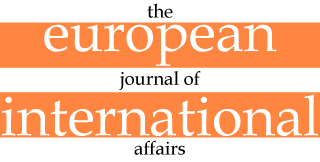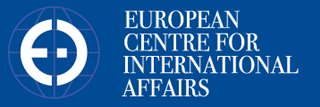On the Road Again, with Merkel
The result that seemed improbable on the eve of the German elections nevertheless came good in the end. From the 22 November 2005 the government of Germany has been in the hands of Angela Merkel, its first female Chancellor. Hardly any of the professional observers predicted her phenomenal rise from scientist in East Berlin when the Wall came down to head of a grand coalition government within 15 years.
She is an outsider in Germany’s political world. Surprisingly little is known of what she has in mind or how she thinks. And it is correspondingly difficult to forecast the chances of success of the CDU/CSU and SPD coalition that she leads. But recent years have shown that this 51 year old is good for surprises. Now Merkel who was born in Hamburg but brought up in East Germany and who gained a doctorate in physics as well as working in this field must show that she can not only seize and control power but that she is also capable of governing a big country.
What is sure is that this coalition is condemned to succeed and cannot permit itself excessive manoeuvring since the challenges Germany faces are big enough. Germany has gone through a dull period since the first euphoric years after reunification. Germans have become politically tired and as opinion polls show expectations of the second grand coalition since 1966 are correspondingly low. Barely 40 years ago conditions were different. Then a mood of euphoria prevailed in the German Republic as the Kiesinger /Brandt government took over and inside just 3 years produced a remarkably successful balance sheet.
Nevertheless it can be recorded that after these turbulent months German politics no longer distinguishes between East and West for since November the SPD has in Matthias Platzeck a leader who also comes from the East. He has an excellent understanding with Angela Merkel as a human being and politician and shares with her two characteristics that offer hope for the foreseeable future, the concept of freedom and scepticism towards ideologies plus the confidence that much is achievable and one should not look at the future with anxiety in a country which is still prosperous. For the first time it is not lawyers who dominate the country’s political scene but two scientists since Platzeck also came from the GDR’s techno-scientific elite.
Log in to Read More





